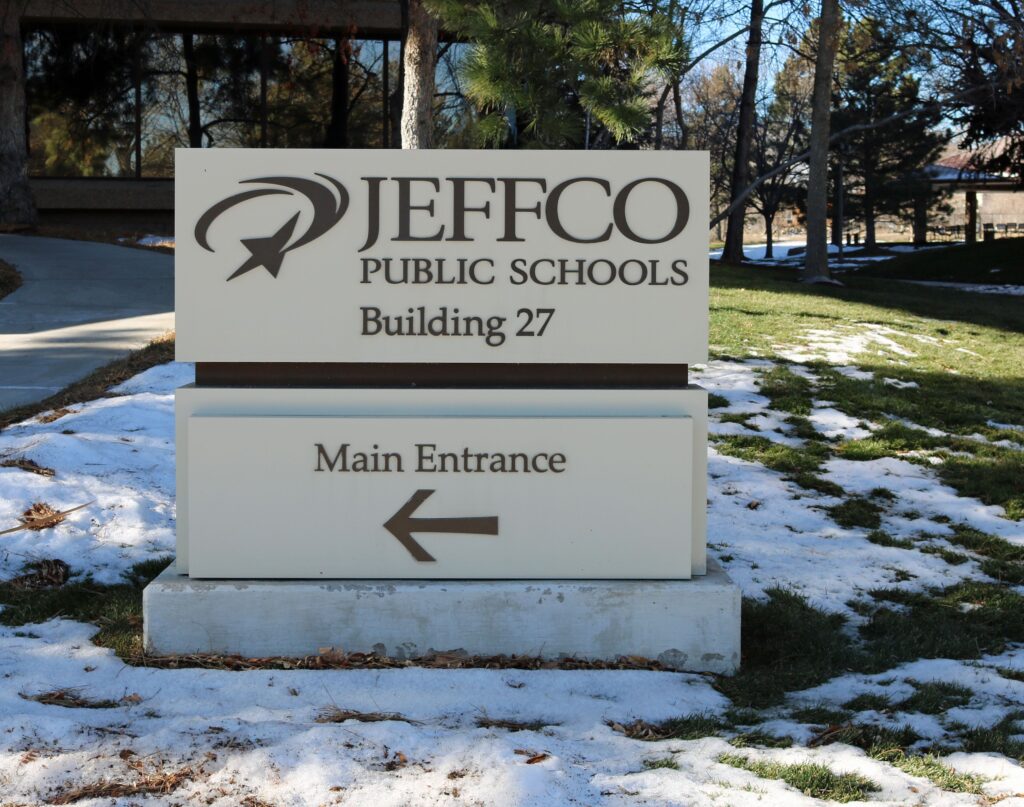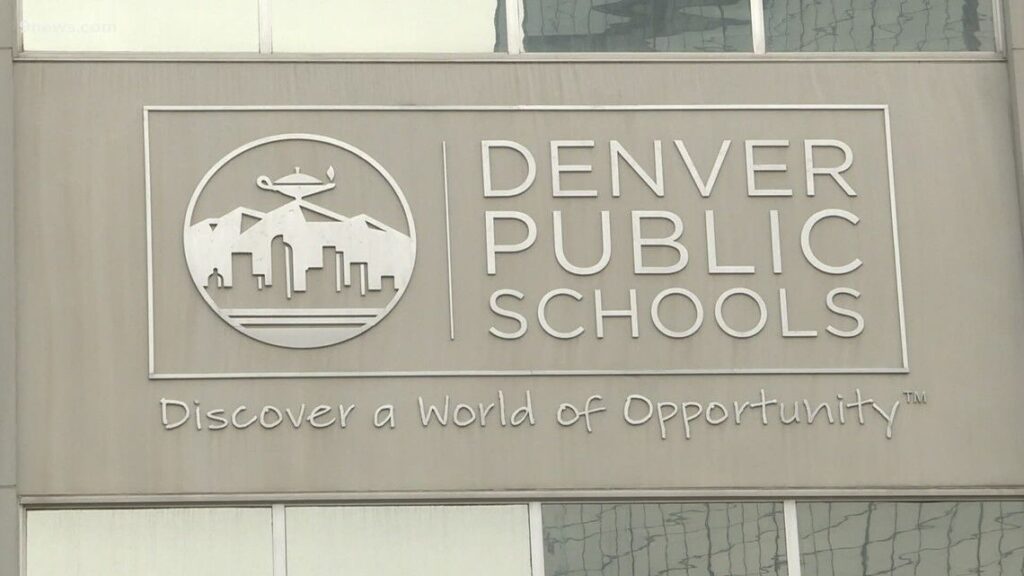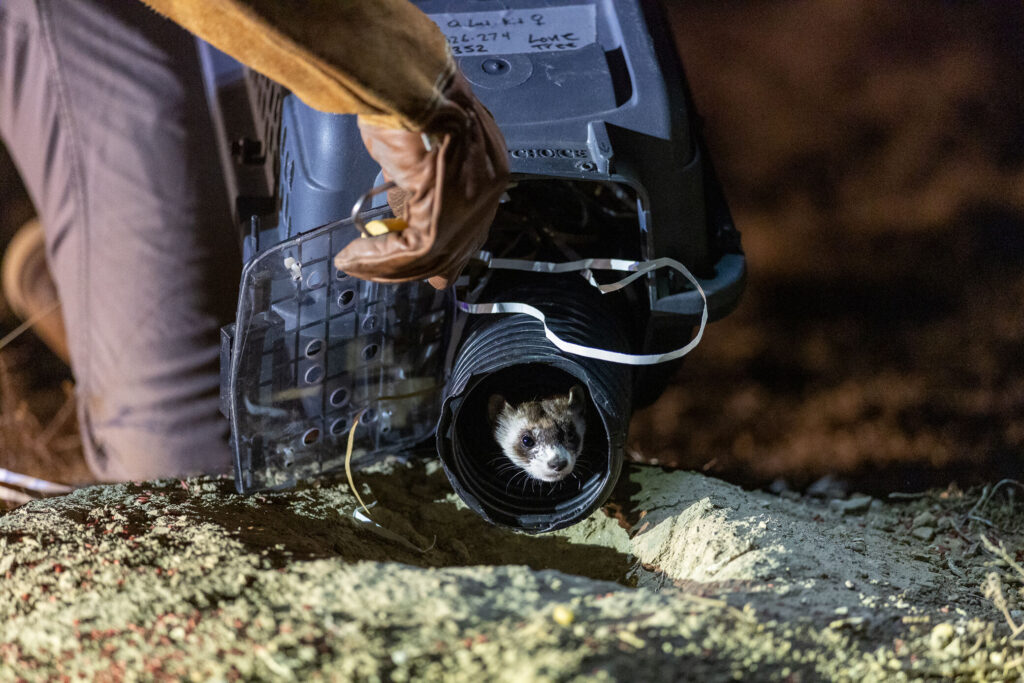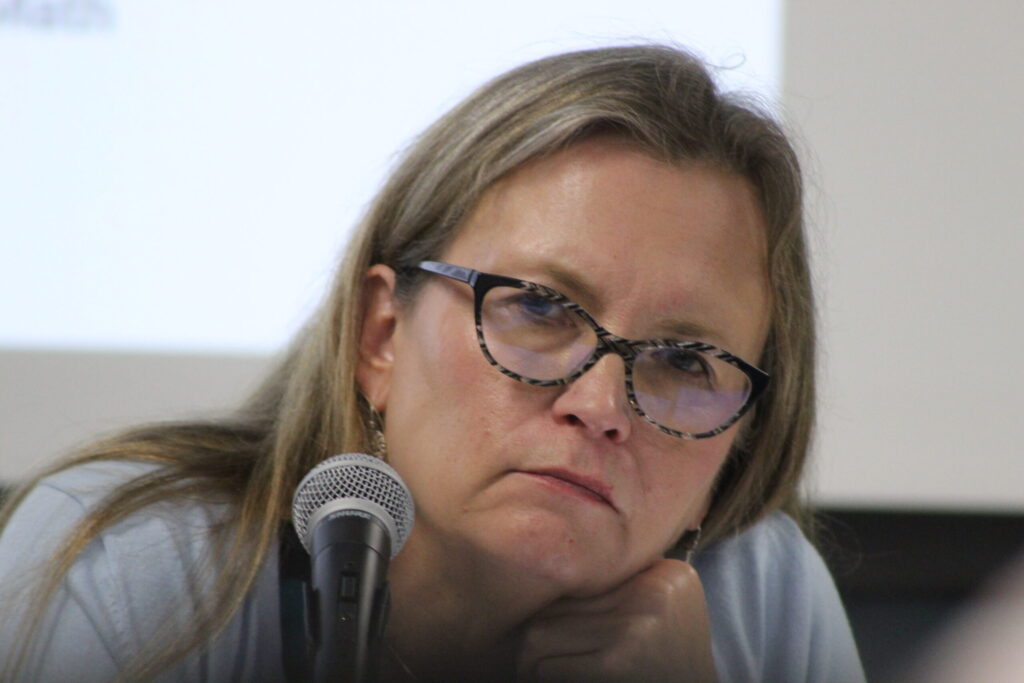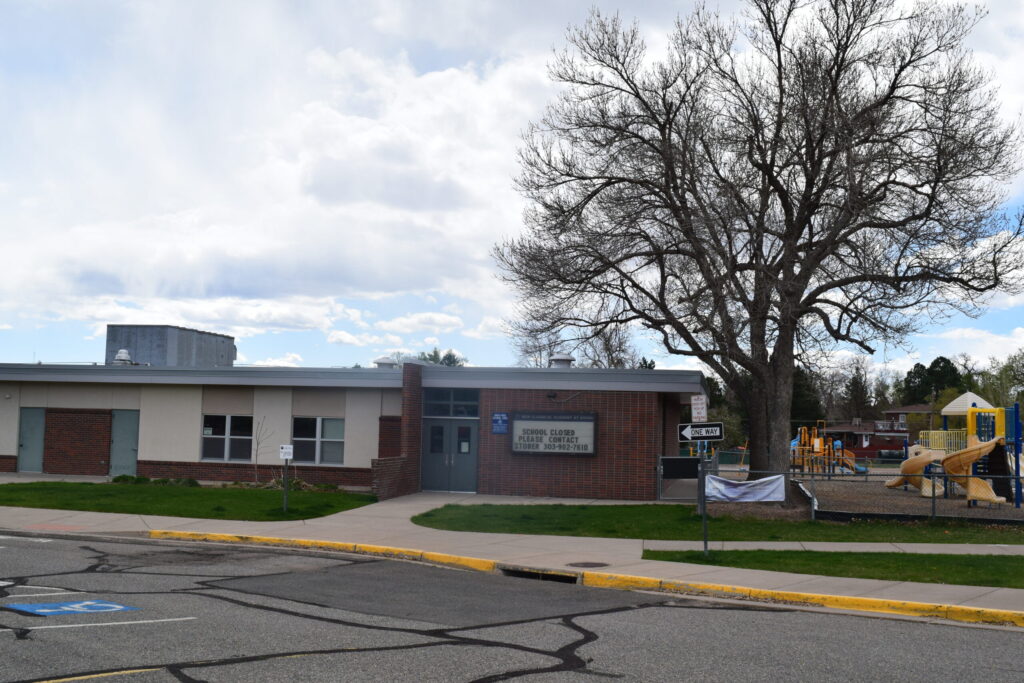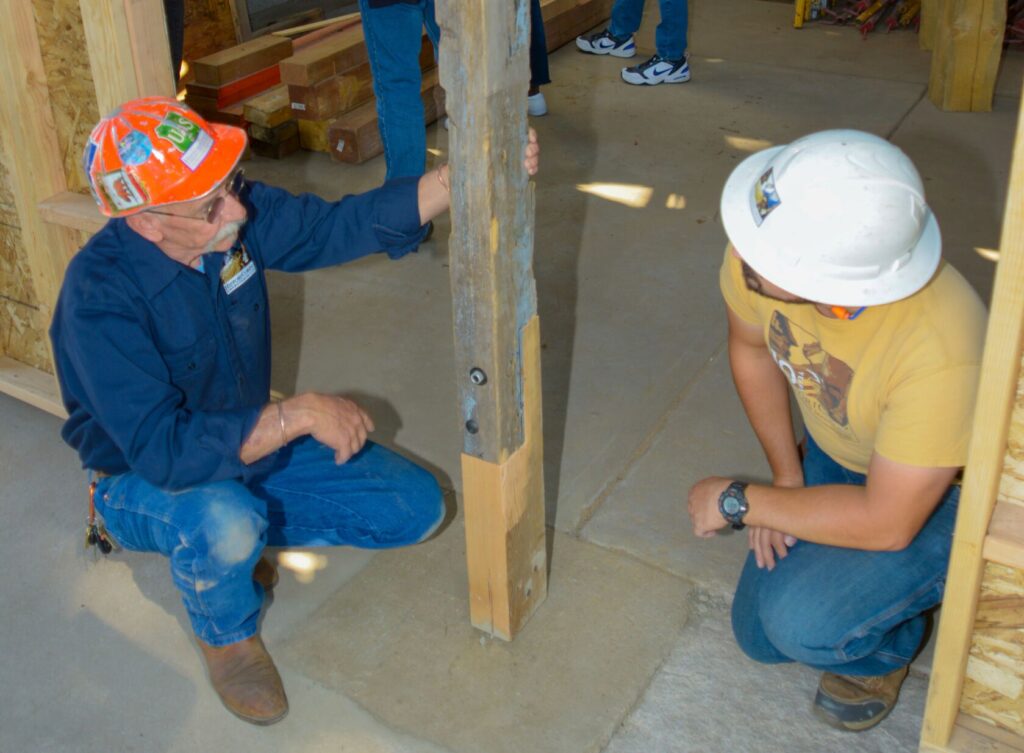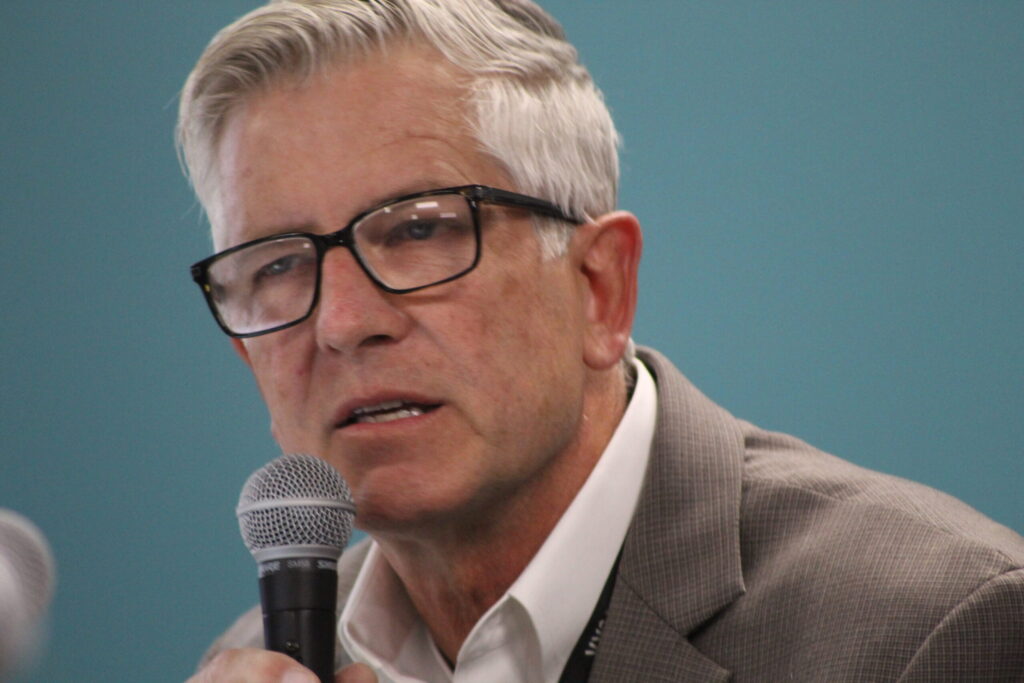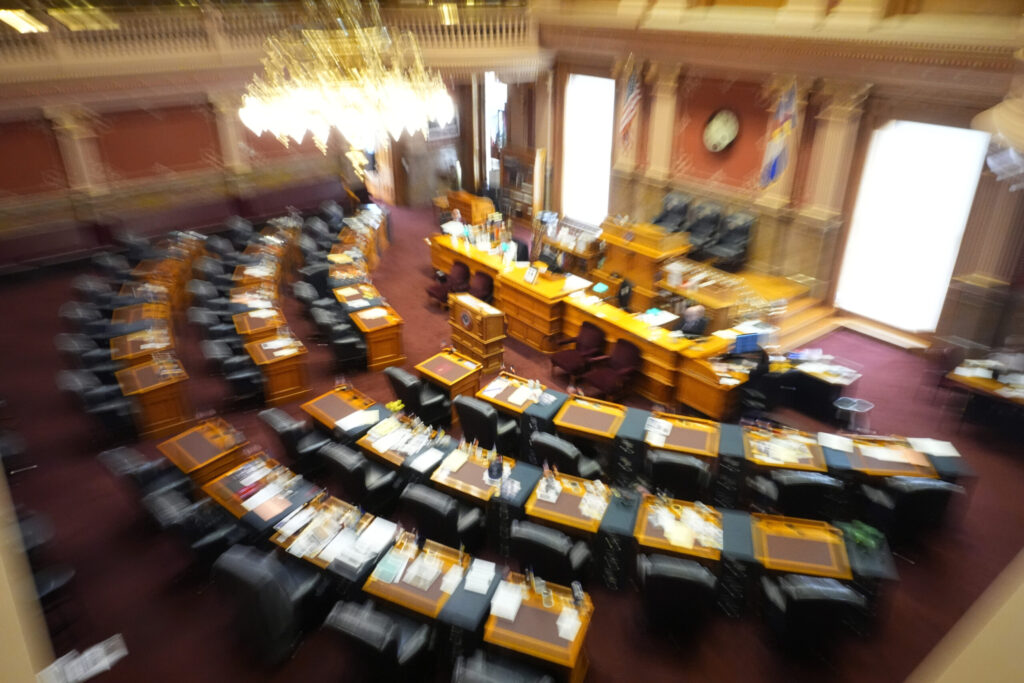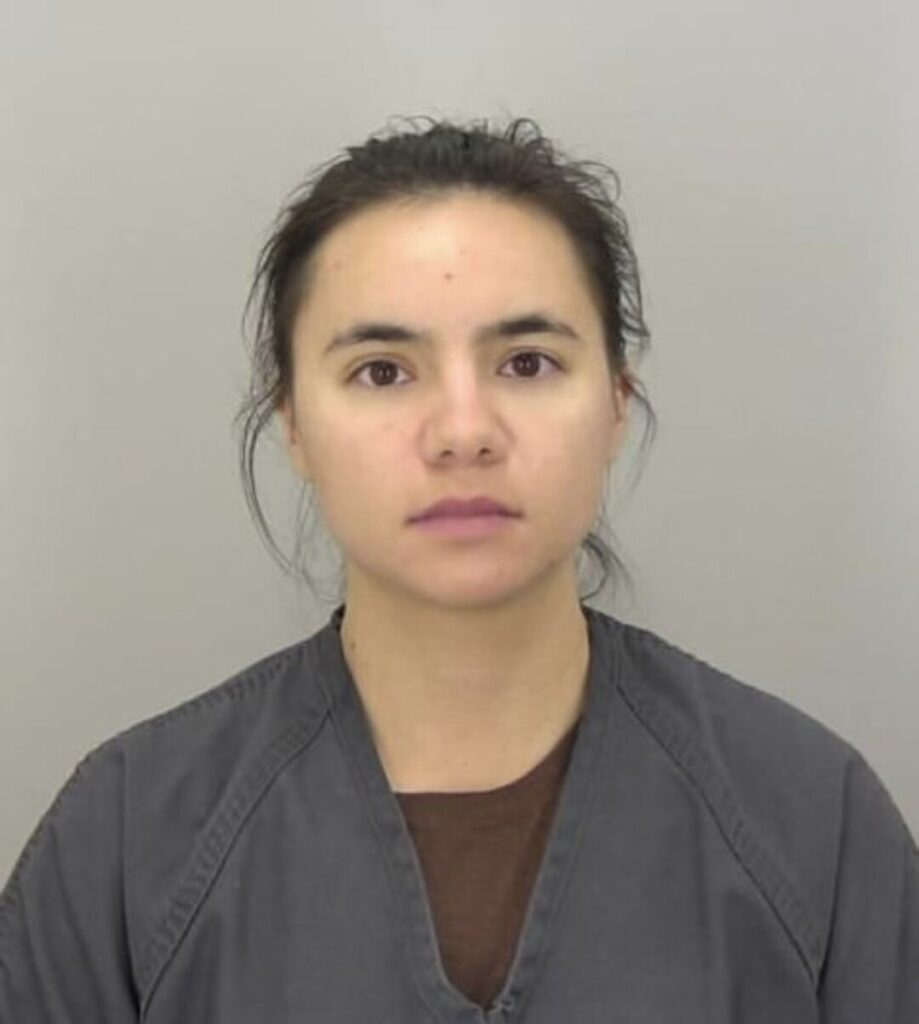Denver Public Schools’ board curbs use of executive sessions
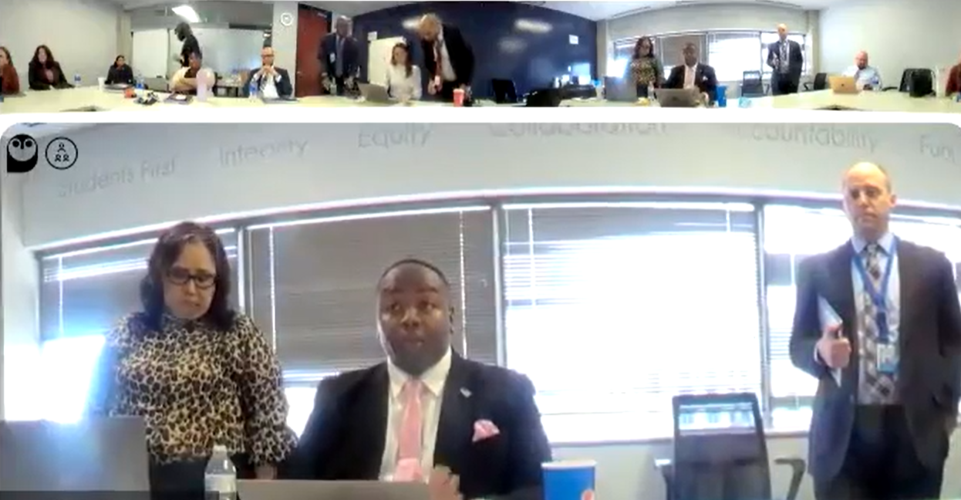
A video of the March executive session shows tension and, ultimately, collaboration among DPS board members, which adopted a memo directing Superintendent Alex Marrero to coordinate with the mayor's office on funding for school resource officers and mental health professionals and to come up with a long-term school safety plan.
Luige Del Puerto luige.delpuerto@gazette.com
The Denver Public Schools Board of Education has twice rejected convening business behind closed doors since holding an unlawful executive session in March.
At least three directors — including Board President Xóchitl Gaytán — have said they want to curb the board’s use of executive sessions in the wake of public criticism of their secret meeting on March 23.
The board had ostensibly met to discuss the accused student shooter and security arrangements in response to the March 22 shooting at the district’s flagship campus: East High School.
But the meeting veered into a policy discussion about the district’s ban on armed police officers in schools.
“We have not had an executive session since,” Director Charmaine Lindsay said. “Several of us on the board have decided we’re not going to have executive sessions.”
Lindsay added, “We’re pretty much going to shut them down.”
An executive session is convened by a two-thirds vote.
The DPS board has shot down holding an executive session on at least two separate occasions.
The first was on April 20 to receive legal advice on “security arrangements” at McAuliffe International School. The second on May 4 was for legal advice regarding Marrero’s contract.
For a board besieged with public criticism in recent months, Gaytán said this was an opportunity to restore the community’s trust.
“When voting down the last couple of executive sessions, that’s what’s been coming to mind,” Gaytán said in a text message to The Denver Gazette.
Gaytán also said — echoing Director Scott Baldermann from last week — that she would reserve behind-closed-door meetings “strictly for personnel issues, contract negotiations” and other legal matters for which executive sessions are intended.
Board Vice President Auon’tai M. Anderson took issue with colleagues wanting to rein in the use of the executive session, saying it implies they have widely misused it.
“I’m a little big blindsided by it because I’m the vice president of the school board and I didn’t even know that this was an idea,” Anderson said.
Anderson added, “I don’t believe there have been other executive sessions where we have been outside the confines of the law.”
Colorado’s open meeting law permits government agencies to conduct private meetings for specific purposes, such as to consult with an attorney or — in the case of school districts — to discuss individual students, among other things.
State law, though, requires state and local governments to discuss and take action in meetings open to the public.
“People are just very interested, very concerned about the policy decisions and that’s why this became such an issue of public concern,” said Jeff Roberts, executive director of the Colorado Freedom of Information Coalition.
Formed in 1987, the coalition promotes the freedom of the press and open access to government.
“It was so obvious that a policy had been made,” Roberts said.
‘Terrible advice’
None of the directors with whom The Denver Gazette spoke would say whether DPS General Counsel Aaron Thompson provided poor legal advice March 23.
“I’m going to allow the record to speak to that,” Director Scott Esserman said. “I’m going to allow people to draw their own conclusions.”
Privately, at least one board member was uncomfortable with Thompson’s legal advice.
“I think we’ve gotten terrible advice,” the board member said.
Thompson did not respond to emails and phone calls seeking comment.
As the district’s attorney, Thompson played a critical role in guiding the board throughout the discussion, letting board members know what was and was not within bounds in the executive session.
At various points during the closed-door meeting, several directors asked Thompson about the appropriateness of the executive session discussion.
At each interval, Thompson assured the board that it was.
Hours after Austin Lyle shot two administrators on March 22, Superintendent Alex Marrero requested the board meet privately to discuss the district’s 2020 ban on armed police, drafted to address concerns over the school-to-prison pipeline.
“I request that we have a conversation tomorrow in an Executive Session with select staff members being included,” Marrero wrote in an email to the board four hours after the shooting.
“It is important we find common ground and ensure our students and staff are safe and find alignment of our existing values.”
After five hours in executive session, the board emerged with a policy reversal, temporarily lifting the district’s prohibition on armed school resource officers.
Public disapproval was swift.
A coalition of media outlets that includes The Denver Gazette and Colorado Politics filed a lawsuit alleging the executive session was improper and sought the release of the recording, which is required by law.
Denver District Court Judge Andrew Luxen agreed last month and ordered DPS to release the recording.
After initially fighting its release with an appeal, the board reversed course and released the video recording.
While the majority of board members said the intent was not to deceive the public, they also said — with the exception of Baldermann — that they didn’t believe the community was owed an apology.
Baldermann apologized for the closed-door meeting, saying the board had made an error he intended to correct by rejecting any executive session not “specifically carved out in the law.”
‘Committed to providing those officers’
Any resolution, rule, regulation, ordinance or formal action taken by a public agency — like the school board — are invalid if made in an unlawful meeting, according to state law.
Luxen reiterated this in his ruling.
This could have invalidated the agreement with the Denver Police Department to pay for the return of SROs at the district’s comprehensive high schools through the end of the school year, if predicated on the memo the board crafted in executive session.
The Johnston administration said last week it would support the commitment made by former Mayor Michael B. Hancock.
“The Denver Police Department made a commitment to provide SRO services to Denver Public Schools last school year, and we’re proud to support their work in increasing safety for students and educators,” Jordan Fuja, a spokesperson for Denver Mayor Mike Johnson, said in an email to The Denver Gazette.
DPD has not yet calculated the cost of providing 14 police officers at 13 campuses, said Doug Schepman, a DPD spokesperson.
“Chief Thomas committed to providing those officers without reimbursement from DPS for that time period because he firmly believes that the SRO program increases school and student safety and helps to encourage better youth/police relationships,” Schepman said in an email.
“For these reasons, DPD is not considering seeking a reimbursement for the SRO services provided for the end of the 2022-2023 school year.”
If not for the illegally held executive session, Anderson — who championed the removal of police from schools three years ago — said he believes SROs would not be returning fulltime to campuses in the fall.
Roberts, of the Colorado Freedom of Information Coalition, said he hoped the very public misstep would encourage the board to act differently moving forward.
“I don’t think it’s all that hard to follow the law,” Roberts said. “The hope would be that they’re a lot more careful in the future.”
Correction: A two-thirds vote of the quorum — not a majority — is needed to convene the DPS board into executive session.







